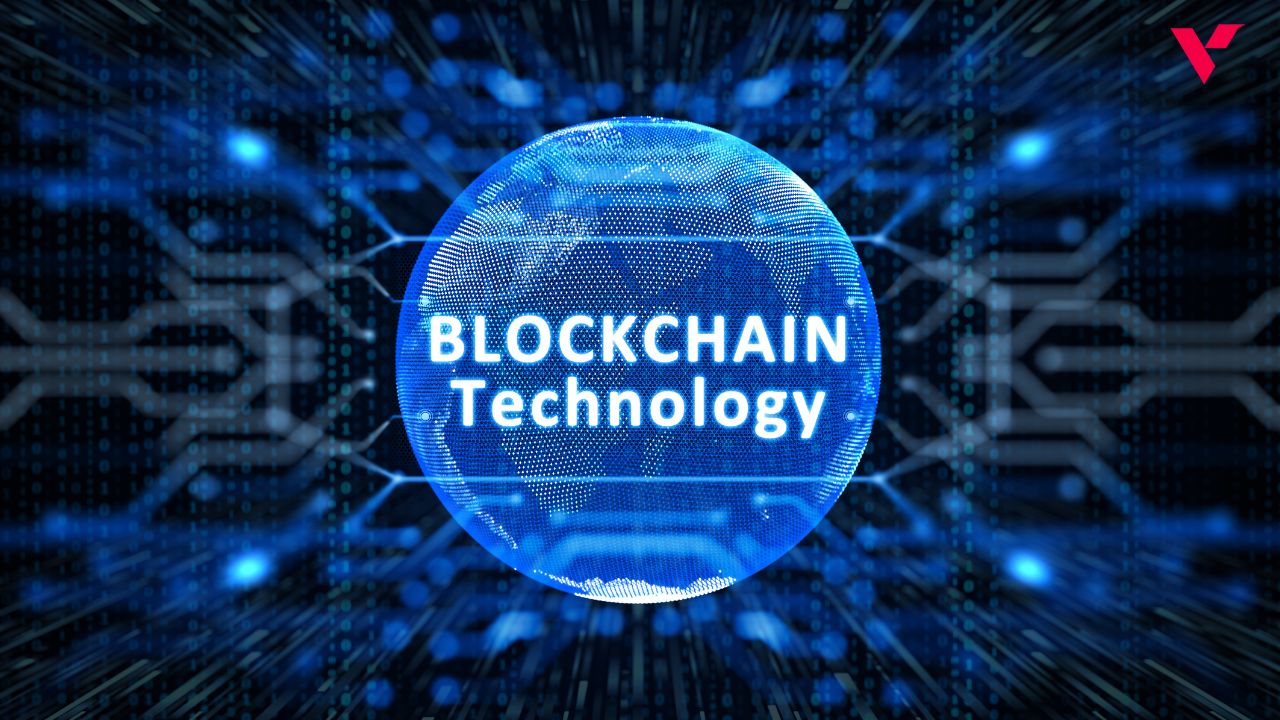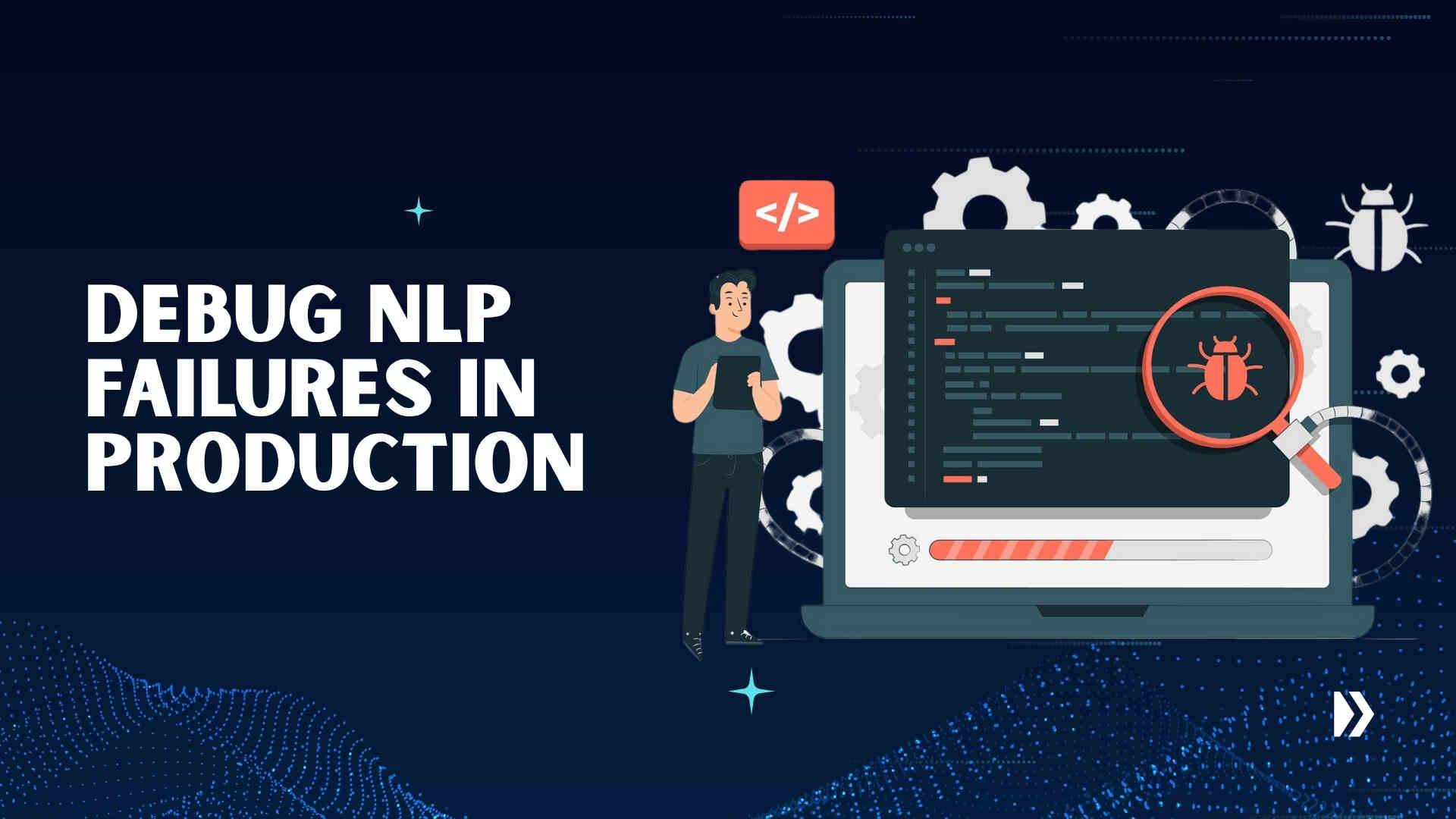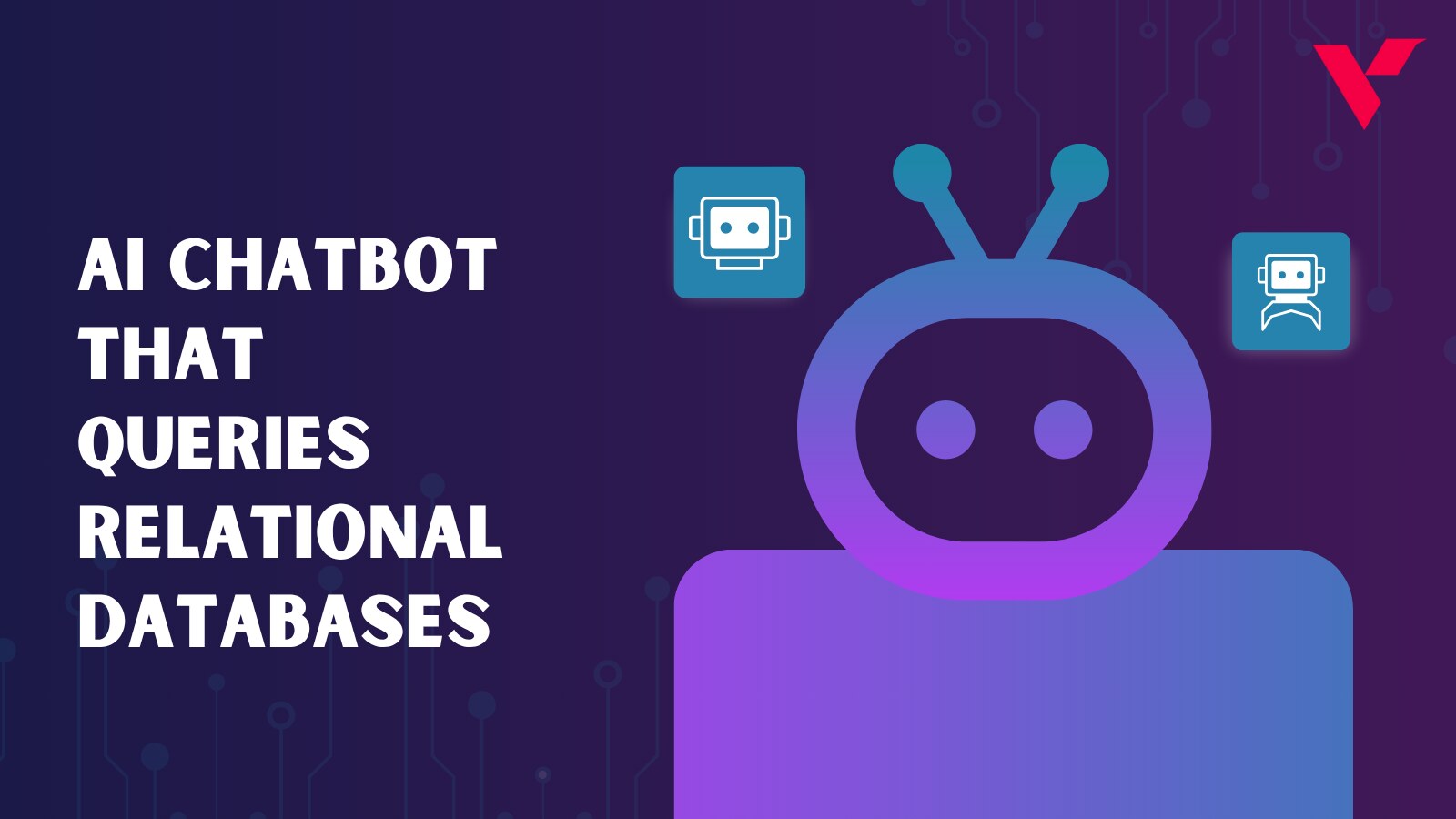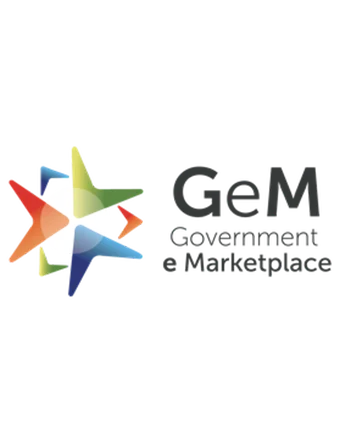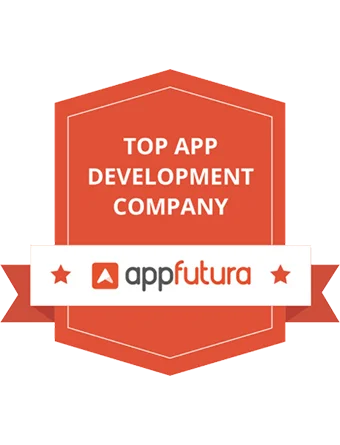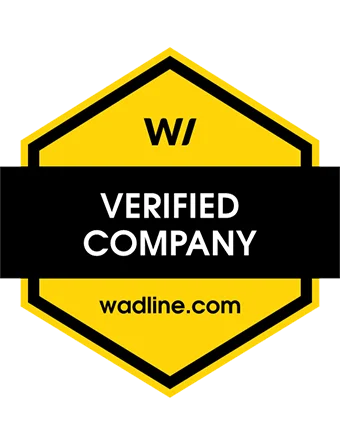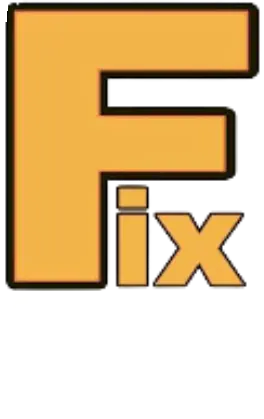Blockchain technology, originally known for its role in powering cryptocurrencies like Bitcoin and Ethereum, has evolved far beyond its initial use case. Today, it is transforming various industries, including finance, supply chain management, and even healthcare. In the realm of web development, blockchain is playing an increasingly pivotal role, offering solutions that enhance security, transparency, and efficiency. As a web development company, understanding and leveraging blockchain technology can set you apart from the competition and enable you to build more robust and future-proof websites and applications.
Table of Contents
What is Blockchain?
Before diving into its role in modern web development, it’s essential to understand what blockchain is. At its core, blockchain is a decentralized digital ledger that records transactions across a network of computers. Each transaction is added to a “block,” and these blocks are linked together in a “chain,” hence the name blockchain. The key features of blockchain include:
- Decentralization: Unlike traditional databases that are managed by a central authority, blockchain is distributed across multiple nodes, making it resistant to single points of failure.
- Transparency: All transactions recorded on the blockchain are visible to all participants in the network, ensuring transparency.
- Security: Blockchain uses cryptographic algorithms to secure data, making it nearly impossible to alter information once it’s recorded.
- Immutability: Once a transaction is added to the blockchain, it cannot be altered or deleted, ensuring data integrity.
The Impact of Blockchain on Web Development
Blockchain’s unique features make it a valuable asset in web development. Here’s how it’s transforming the landscape:
- Enhanced security: security is a top concern in web development, especially when dealing with sensitive data such as personal information, financial transactions, or proprietary business data. Traditional websites rely on centralized servers, which can be vulnerable to hacks, data breaches, and other cyberattacks. Blockchain, with its decentralized nature, significantly reduces the risk of such attacks. Since data is distributed across multiple nodes and encrypted, hackers would need to compromise a majority of the network to alter or steal data, which is highly improbable.
- Decentralized Applications (dApps): Blockchain has given rise to decentralized applications, or dApps, which operate without a central authority. Unlike traditional web applications that run on centralized servers, dApps run on a blockchain network. This decentralization offers several advantages:
Trustless Environment: Users don’t need to trust a central authority; the blockchain itself guarantees the integrity of the application.
Censorship Resistance: Since no single entity controls the dApp, it’s resistant to censorship or shutdowns.
Transparency: All transactions and operations within a dApp are visible on the blockchain, ensuring complete transparency. Examples of dApps include decentralized finance (DeFi) platforms, blockchain-based games, and decentralized marketplaces. - Smart Contracts: Smart contracts are self-executing contracts with the terms of the agreement directly written into code. These contracts automatically execute and enforce themselves when predefined conditions are met, eliminating the need for intermediaries. For web developers, smart contracts open up new possibilities for automating processes such as payments, legal agreements, and even content distribution. For instance, a web development company could create a smart contract that automatically pays freelancers when they complete a project milestone. This not only streamlines the process but also ensures that both parties adhere to the agreed-upon terms.
- Improved Transparency and Trust: In many industries, transparency and trust are crucial for building long-term relationships with customers and partners. Blockchain’s transparent nature ensures that all transactions and data are visible and verifiable by anyone with access to the blockchain. This transparency can be particularly beneficial in supply chain management, where customers can track the origin and journey of products from manufacture to delivery. Web developers can leverage this transparency by integrating blockchain into websites and applications that require trust, such as e-commerce platforms, donation websites, or voting systems.
- Tokenization and Digital Assets: Blockchain enables the tokenization of assets, allowing digital representations of real-world assets such as property, art, or even shares in a company. These tokens can be traded, sold, or held as investments. For web developers, this opens up opportunities to create platforms that facilitate the buying, selling, and trading of digital assets. For example, a web development company could build a marketplace where users can trade tokenized art or real estate. Blockchain ensures that ownership of these assets is secure and easily transferable.
- Data Integrity and Authenticity: In an era where data breaches and misinformation are rampant, ensuring the integrity and authenticity of data is more important than ever. Blockchain’s immutable nature ensures that once data is recorded, it cannot be altered or deleted. This is particularly valuable for websites and applications that require a high level of trust, such as legal document repositories, medical records systems, or academic certification platforms. Web developers can integrate blockchain to create tamper-proof systems where users can verify the authenticity of documents, certifications, or any other type of data.
- Cross-Border Transactions: Blockchain facilitates cross-border transactions by enabling secure, fast, and cost-effective transfers of cryptocurrencies. Traditional payment gateways often involve high fees, delays, and currency conversion issues, particularly for international transactions. By integrating blockchain-based payment solutions, web developers can create websites and applications that offer seamless cross-border transactions without the need for intermediaries. This is particularly beneficial for e-commerce platforms, online services, or any business that operates globally.
- Monitoring Solana Price Trends for Enhanced User Experience: As the cryptocurrency market evolves, staying updated on specific trends, such as Solana Price Trends, can be crucial for creating relevant and timely content for users. Web developers can integrate real-time price tracking and analytics tools into their platforms, allowing users to monitor fluctuations in Solana’s price directly from the website. This feature can be particularly appealing for users who trade or invest in Solana, enhancing the overall user experience and engagement. By staying on top of Solana price trends, developers can also create dynamic features like alerts, automated trading bots, or personalized content, tailored to users’ interests and investment strategies.
Challenges and Considerations
While blockchain offers numerous benefits, it’s essential to consider the challenges and limitations that come with it:
- Scalability: Blockchain networks can experience scalability issues, particularly with high transaction volumes. Developers need to consider this when building applications that require rapid scaling.
- Regulatory Uncertainty: The legal landscape surrounding blockchain and cryptocurrencies is still evolving. Developers must stay informed about regulations that may impact their projects.
- Complexity: Blockchain development requires specialized knowledge and expertise. Web development companies may need to invest in training or hire blockchain developers to leverage this technology effectively.
Conclusion
Blockchain technology is undoubtedly reshaping modern web development by offering enhanced security, transparency, and efficiency. As a web development company, integrating blockchain into your projects can provide a competitive edge, enabling you to deliver more secure, transparent, and innovative solutions to your clients. Incorporating real-time features like Solana Price Trends tracking can further enhance user experience, making your platform a go-to resource for cryptocurrency enthusiasts. While challenges remain, the potential benefits of blockchain make it a technology worth exploring and adopting in the web development space.


